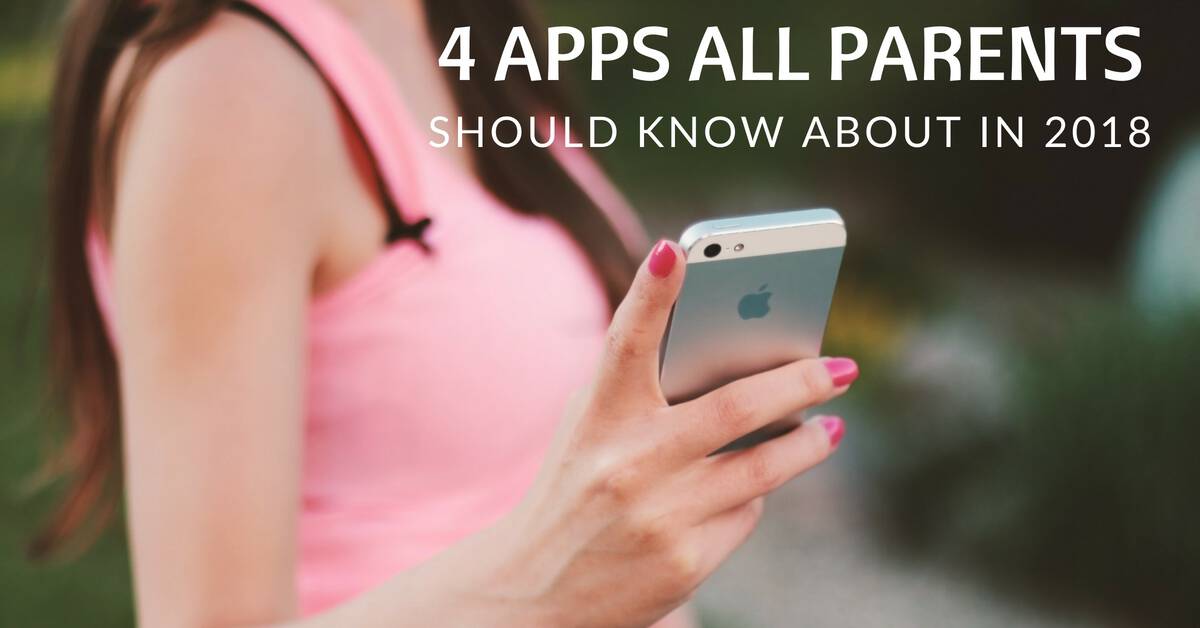With new social media applications launched every day, it’s often difficult for parents to stay informed and monitor which are the safest and which are the riskiest. Twitter, Snapchat, Whatsapp, and Instagram are no longer the only concerning social media platforms for parents. Tweens and teens are continually seeking new entertainment and immediate gratification, which app creators are eager to provide. Unfortunately, in most cases, the number one concern for these developers is not about children’s safety.
With the change of season and kids out of school, they have greater access to various apps, and often parents have no idea what their children are doing online. With 96 percent of teens using social networking applications today, the risk for cyberbullying and unwanted sexual solicitation (requests for sexual activities, chat, or information) is at an all-time high. 20 percent of teens have been the target of such solicitation.
We hope that this article will help guide you in educating your child to make safe choices. Take the time to talk about using social media safely and responsibly. Discuss what you will and will not allow your child to access online. Keep communication with your child open and encourage him or her to share with you. With only 1/3 of households who have internet access protecting their children with filtering or blocking software, you may also want to consider installing these types of programs. In addition, you can read parent reviews on every app available to kids and teens on commonsensemedia.org.
Following are four social media apps all parents should be aware of:
1. Blendr
Blendr is an application designed for adults to “Chat, Flirt, and Meet New People.” Although this app states a requirement of age 18 to register, it’s one of the most popular applications for teenagers today.
The application design is similar to another app that parents should be aware of called, “Tinder,” in that once a user creates a profile by adding photos and/or videos as well as a location, they are free to swipe left or right according to the user’s interest in a particular profile. Side note: Tinder states that 7% of Tinder’s users are age 13-17, although the app is for adult usage.
The risks involved for kids using Blendr are the following:
• It’s easy for kids to get around the age restrictions as no age verification is required.
• Adults can pose as teens and vice versa to communicate.
• Location sharing increases the likelihood of meeting in person.
• Users can share and post naked photos.
• Users can choose to connect the app to their Facebook, Google Plus, Instagram, Twitter, and Linkedin accounts, which further reduces anonymity.
2. Calculators
Also known as “secret or fake calculators” as well as “photo vaults,” this app enables teens to hide pictures and files under what looks like a typical calculator app. Unlike the official calculator apps, it requires a passcode to access. There are several imitator apps available for download.
Risks:
• It’s easy for kids to hide images, videos, texts, web browsers, and even contact lists from their parents.
• Child predators who are aware of these apps may try to engage with your child to communicate in this way.
3. Live.me
Live.me is a live streaming app which is designed to “Broadcast, Chat, Share, Follow, and Be a Star!” Teens can broadcast live videos and watch others’ videos. The terms of use state that users must be 13 years or older; however, young children are regular users. Due to a recent investigation where the dangers of using Live.me were exposed, the app has deleted 600K users under the age of 13, as well as added a disclaimer which reads that “sexual or violent content is strictly prohibited. All violators will be banned.”
Risks:
• Users share their location and can see who is streaming locally, increasing the possibility of meeting in person.
• Users have no privacy, as they have no control over who views their broadcasts.
• Some underage girls are being solicited by pedophiles to perform sexual acts.
• Streams can be recorded by users without their knowledge and posted elsewhere, such as porn sites.
• There is potential for both predatory comments and bullying of broadcasters.
4. Yubo
Yubo, formerly known as “Yellow: Make New Friends,” is an application designed for people to chat and follow each other through Instagram and Snapchat. The age requirement to register is 13. Users under the age of 18 can only chat with people ages 13-17. Those over the age of 18 can only chat with people their age and older. Yubo users create a profile by adding photos, videos, and Instagram and Snapchat links. Yubo has been referred to as the “Tinder for Snapchat.” It’s similar to Blendr and Tinder in that users can choose to swipe left or right according to their interest in others’ profiles. Once both individuals swipe right, they can chat and automatically link to each other’s Instagram and Snapchat accounts.
Risks:
• It’s easy for kids to get around the age restrictions as there is no age verification required.
• Adults can pose as teens and vice versa to communicate.
• Location sharing increases the likelihood of meeting in person.
• Users automatically connect to each other’s Snapchat and Instagram accounts, further reducing anonymity.
Apps are changing every day, as are their popularity levels with kids. As this list is not all-inclusive, we recommend that parents do their own research as well to stay on top of what their kids are accessing online.
For more information on app reviews, visit commonsensemedia.org.
For more information on Child Internet Crime and Abuse Statistics, visit www.guardchild.com/statistics/



